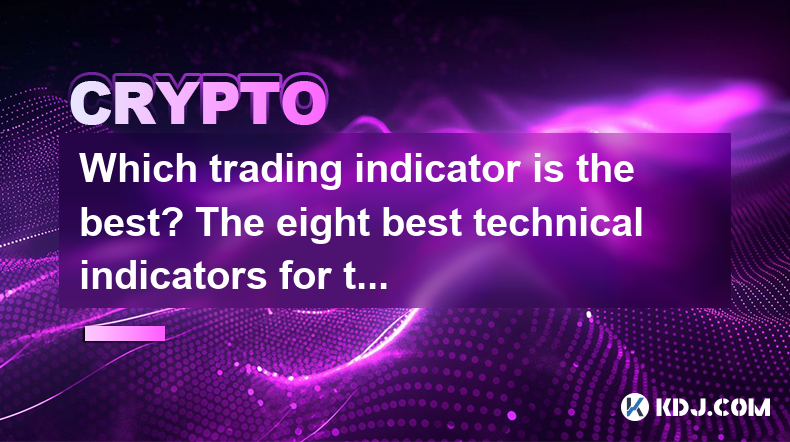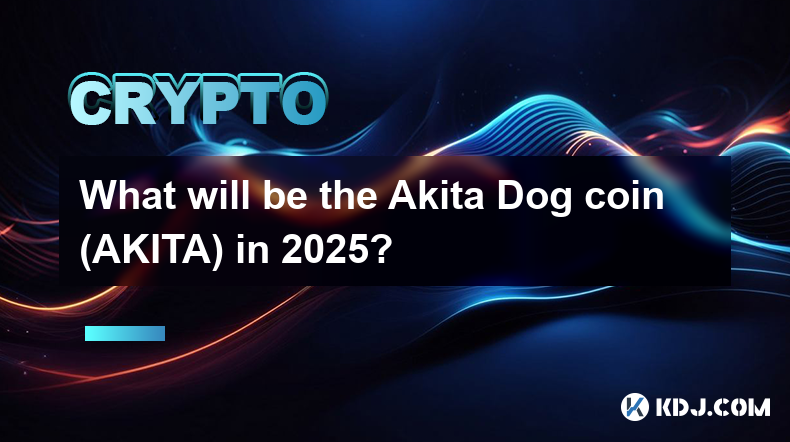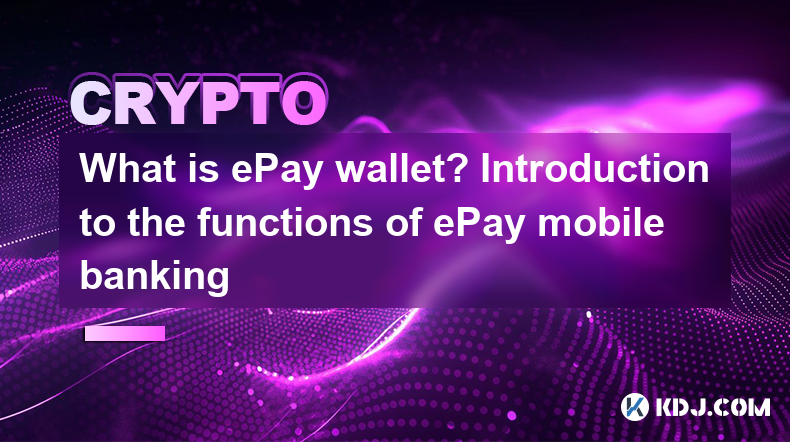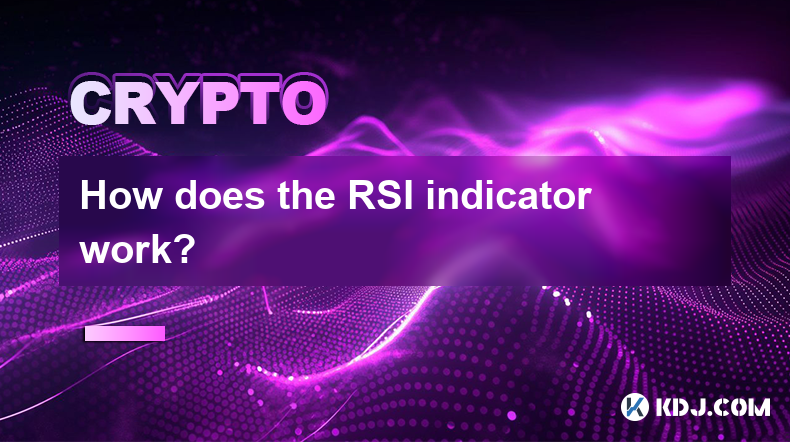-
 Bitcoin
Bitcoin $97,261.7148
-0.57% -
 Ethereum
Ethereum $2,703.2874
-4.40% -
 Tether USDt
Tether USDt $1.0003
0.01% -
 XRP
XRP $2.3433
-3.34% -
 Solana
Solana $192.1221
-4.85% -
 BNB
BNB $579.5007
0.45% -
 USDC
USDC $1.0001
-0.01% -
 Dogecoin
Dogecoin $0.2500
-4.57% -
 Cardano
Cardano $0.7152
-5.03% -
 TRON
TRON $0.2300
1.63% -
 Chainlink
Chainlink $18.7320
-5.06% -
 Avalanche
Avalanche $24.8561
-5.57% -
 Stellar
Stellar $0.3227
-3.85% -
 Sui
Sui $3.1391
-7.51% -
 Toncoin
Toncoin $3.7432
-3.40% -
 UNUS SED LEO
UNUS SED LEO $9.7568
-0.35% -
 Hedera
Hedera $0.2319
-4.72% -
 Shiba Inu
Shiba Inu $0.0...01500
-5.42% -
 Bitget Token
Bitget Token $6.7926
2.28% -
 Hyperliquid
Hyperliquid $23.5942
-9.22% -
 Litecoin
Litecoin $104.2735
-1.72% -
 Polkadot
Polkadot $4.5938
-3.66% -
 Bitcoin Cash
Bitcoin Cash $321.0078
-3.04% -
 Ethena USDe
Ethena USDe $1.0001
-0.02% -
 MANTRA
MANTRA $5.7427
-1.69% -
 Uniswap
Uniswap $9.0137
-3.84% -
 Dai
Dai $1.0000
-0.01% -
 Ondo
Ondo $1.3735
-0.29% -
 Monero
Monero $220.7818
-5.74% -
 Pepe
Pepe $0.0...09176
-10.84%
Safe crypto wallets: A comprehensive list?
Understanding safe crypto wallets involves discerning their types, including hardware, cold, hot, multi-signature, and exchange-hosted wallets, while employing protective measures to mitigate threats and enhance asset security.
Feb 07, 2025 at 11:01 am

Understanding Safe Crypto Wallets: A Guide for Secure Asset Protection
Cryptocurrency wallets have become indispensable tools for storing, sending, and receiving digital assets. With the proliferation of cryptocurrencies and the emergence of sophisticated threats, choosing a safe and reliable wallet is paramount. This comprehensive guide provides a detailed exploration of safe crypto wallets, covering various types, security features, and practical recommendations.
Key Points:
- Choosing a crypto wallet involves considering factors such as security, accessibility, and supported assets.
- Hardware and cold wallets offer superior security levels, while hot wallets compromise security for convenience.
- Multi-signature and multi-factor authentication enhance wallet security by requiring multiple parties or verification steps.
- Reputable exchanges and custodians provide secure storage solutions but require researching their track records.
- Backup and recovery mechanisms are crucial for safeguarding private keys and preventing asset loss.
Safe Crypto Wallet Types:
1. Hardware Wallets
Hardware wallets are physical devices that store private keys offline, providing unmatched security against cyberattacks. These devices generate and manage private keys within isolated environments, preventing online compromise. Hardware wallets also feature additional security measures like PIN protection, multi-signature support, and firmware updates.
- Trezor: Known for its robust security architecture and user-friendly interface, Trezor offers a range of models catering to different needs and budgets.
- Ledger: Designed with advanced security protocols, Ledger wallets integrate with hardware security modules (HSMs) and support a wide array of cryptocurrencies.
- SafePal: Emphasizing portability and convenience, SafePal offers secure hardware wallets designed for easy setup and on-the-go access.
2. Cold Wallets
Cold wallets encompass various types of offline storage solutions that retain private keys on physical media. These physical devices offer a higher level of security compared to hot wallets, making them suitable for long-term storage of substantial assets.
- Paper Wallets: Paper wallets are physical documents containing printed private and public keys. They are generated using offline tools and provide unparalleled security against online threats.
- Metal Wallets: Metal wallets (e.g., CryptoSteel) offer a robust and durable solution for storing private keys. These devices are designed to withstand extreme conditions and provide long-term protection against physical damage and tampering.
- Secure Element Wallets: Secure element wallets incorporate tamper-proof hardware modules to store private keys. They provide the same level of security as hardware wallets in a more compact and portable form.
3. Hot Wallets
Hot wallets reside on internet-connected devices, enabling convenient access to cryptocurrencies for everyday use. However, their accessibility also increases their vulnerability to hacking and online scams. Hot wallets should primarily be used for storing and transacting smaller amounts of cryptocurrency.
- Ledger Live: The software wallet companion to Ledger hardware wallets, Ledger Live provides a user-friendly interface and advanced features for managing assets, staking, and accessing decentralized applications (dApps).
- MetaMask: A browser extension and mobile app, MetaMask is popular among Ethereum and ERC-20 token users. It supports multiple wallets and offers integration with various dApps and exchanges.
- Coinbase Wallet: Provided by the leading cryptocurrency exchange Coinbase, Coinbase Wallet is a multi-platform wallet that offers secure storage, purchase, and exchange of cryptocurrencies directly within the Coinbase ecosystem.
4. Multi-Signature Wallets
Multi-signature wallets require multiple parties to approve transactions, significantly enhancing security. They are ideal for storing large amounts of cryptocurrency or assets managed by multiple individuals or organizations.
- Gnosis Safe: A secure multi-signature wallet platform, Gnosis Safe provides customizable permissions and access control, ensuring collaborative management of crypto assets.
- Casa: A white-glove custodian service combined with multi-signature wallet functionality, Casa offers enhanced security combined with personalized and professional support.
- SafeHaven: Emphasizing convenience, SafeHaven enables multi-signature wallet management through a user-friendly mobile application, making it accessible to non-technical users.
5. Exchange-Hosted Wallets
Reputable cryptocurrency exchanges provide custody services and hosted wallets for storing digital assets securely. This eliminates the need for users to manage their private keys directly, as exchanges implement robust security measures and encryption protocols to safeguard user funds.
- Binance: A leading cryptocurrency exchange, Binance offers a secure wallet service with multi-factor authentication and address whitelisting features for added protection.
- Coinbase: Coinbase provides a hosted wallet within its platform, allowing users to buy, sell, and store cryptocurrencies with the convenience and security of a trusted custodian.
- Kraken: A well-established exchange, Kraken offers advanced security practices, including hardware-based key storage and multi-factor authentication, for safeguarding customer assets.
Enhancing Wallet Security:
- Utilize strong passwords: Create complex passwords and never reuse them across multiple accounts.
- Enable multi-factor authentication: Double-check unauthorized access by requiring multiple verification factors, such as email, phone, or physical tokens.
- Keep private keys confidential: Never share your private keys with anyone, as they provide direct access to your wallet and assets.
- Be vigilant for phishing scams: Be alert to malicious emails or phishing attempts, as fraudsters often try to trick users into revealing their private keys or credentials.
- Maintain software updates: Regularly update your wallet software and the operating system to patch security vulnerabilities and improve software stability.
- Backup and recovery: Create a secure backup of your private keys or recovery seed phrase and store it offline to prevent permanent asset loss in case of device failure or theft.
Managing Assets with Multiple Wallets:
- Diversify your storage: Distribute your cryptocurrency assets across multiple wallets for enhanced security.
- Use hardware wallets for long-term storage: Protect substantial or long-term cryptocurrency holdings in secure hardware wallets, ensuring offline protection from cyber threats.
- Employ hot wallets for daily transactions: Utilize hot wallets for smaller amounts of funds and routine transactions while maintaining large amounts in secure cold storage.
FAQs:
What are the top 3 hardware wallets?
- Trezor Model One (for security, ease of use, and value)
- Ledger Nano X (advanced features, mobile app integration)
- SafePal S1 (portability, durability)
What is the difference between a hot and cold wallet?
- Hot wallets are connected to the internet, offering convenience but reduced security, while cold wallets are offline devices providing superior protection.
Advantages and Disadvantages of Safe Custodial Wallets.
Should I keep all my crypto in one wallet?
- It's recommended to diversify storage and distribute assets across multiple wallets for enhanced security.
How can I keep my crypto safe from hackers?
- Use strong passwords, enable multi-factor authentication, keep private keys confidential, be vigilant against phishing scams, and maintain software updates.
How should I backup my crypto wallet?
- Create secure backups of your private keys or recovery seed phrase and store them offline, such as on a physical device or safe deposit box.
Disclaimer:info@kdj.com
The information provided is not trading advice. kdj.com does not assume any responsibility for any investments made based on the information provided in this article. Cryptocurrencies are highly volatile and it is highly recommended that you invest with caution after thorough research!
If you believe that the content used on this website infringes your copyright, please contact us immediately (info@kdj.com) and we will delete it promptly.
- Regulators vs. Crypto: FDIC Signals New Approach With Massive Document Dump
- 2025-02-07 13:06:03
- Grayscale Takes ‘Notable’ Step Toward US Spot Solana ETF Approval as SEC Acknowledges Amended Application
- 2025-02-07 13:06:03
- Utah Advances Bill to Potentially Become First US State with Bitcoin Reserve
- 2025-02-07 13:06:03
- FXGuys: The New Crypto Trading Platform Outpacing Chainlink and Pepe
- 2025-02-07 12:46:03
- Grayscale's Solana Spot ETF Application Acknowledged by US SEC, But Will BlackRock Join the Race?
- 2025-02-07 12:46:03
- Bitcoin Retreats Below $97K, Utah Passes Bill Permitting BTC Investments as Trump Media & Technology Group Corp. Files Trademark Applications Targeting Cryptocurrency
- 2025-02-07 12:46:03
Related knowledge

What is Bitcoin mining? Detailed explanation of Bitcoin mining
Feb 07,2025 at 02:25pm
Key takeawaysBitcoin mining is the process of verifying and adding new blocks to the Bitcoin blockchain.Miners are rewarded with Bitcoin for their work, which helps to secure the network.The difficulty of mining is adjusted regularly to keep the block generation rate at a steady pace.What is Bitcoin mining?Bitcoin mining is the process of verifying and ...

Which trading indicator is the best? The eight best technical indicators for trading
Feb 07,2025 at 02:06pm
Key Points:Understanding the purpose and limitations of technical indicatorsIdentifying the most reliable and profitable indicatorsExploring the strengths and weaknesses of each indicatorUtilizing technical indicators in conjunction with other analysis methodsChoosing the right indicators for different trading stylesThe Eight Best Technical Indicators f...

What will be the Akita Dog coin (AKITA) in 2025?
Feb 07,2025 at 02:18pm
Key PointsAkita Inu is a decentralized meme coin with a dedicated and passionate community.The coin has experienced several price spikes and drops, highlighting its volatility.The future of Akita Inu depends on various factors, including market conditions, community support, and wider adoption.Steps to Understanding the Future of Akita Dog Coin (AKITA) ...

What is ePay wallet? Introduction to the functions of ePay mobile banking
Feb 07,2025 at 11:48am
Key Points:Comprehensive overview of ePay wallet, its features, and benefitsStep-by-step guide to creating and using an ePay walletDetailed explanation of ePay mobile banking capabilitiesComparison of ePay with other crypto walletsTroubleshooting common ePay wallet issuesFAQs addressing frequently asked questions about ePay walletIntroduction to ePay Wa...

what kind of features do wallet must have?
Feb 07,2025 at 01:36pm
Key PointsSecurity: Protects assets from theft, hacking, and unauthorized access.User-friendly Interface: Provides a seamless and intuitive experience for managing cryptocurrencies.Multi-currency Support: Allows you to store and manage a variety of cryptocurrencies in a single wallet.Integrations and Accessibility: Connects to exchanges, dApps, and othe...

How does the RSI indicator work?
Feb 07,2025 at 01:24pm
Key Points:RSI measures momentum and identifies overbought and oversold conditionsRanges from 0 to 100Extremes and divergences provide trading signalsHow the RSI Indicator WorksThe Relative Strength Index (RSI) is a momentum oscillator that measures the magnitude of recent price changes to evaluate overbought or oversold conditions in a security's price...

What is Bitcoin mining? Detailed explanation of Bitcoin mining
Feb 07,2025 at 02:25pm
Key takeawaysBitcoin mining is the process of verifying and adding new blocks to the Bitcoin blockchain.Miners are rewarded with Bitcoin for their work, which helps to secure the network.The difficulty of mining is adjusted regularly to keep the block generation rate at a steady pace.What is Bitcoin mining?Bitcoin mining is the process of verifying and ...

Which trading indicator is the best? The eight best technical indicators for trading
Feb 07,2025 at 02:06pm
Key Points:Understanding the purpose and limitations of technical indicatorsIdentifying the most reliable and profitable indicatorsExploring the strengths and weaknesses of each indicatorUtilizing technical indicators in conjunction with other analysis methodsChoosing the right indicators for different trading stylesThe Eight Best Technical Indicators f...

What will be the Akita Dog coin (AKITA) in 2025?
Feb 07,2025 at 02:18pm
Key PointsAkita Inu is a decentralized meme coin with a dedicated and passionate community.The coin has experienced several price spikes and drops, highlighting its volatility.The future of Akita Inu depends on various factors, including market conditions, community support, and wider adoption.Steps to Understanding the Future of Akita Dog Coin (AKITA) ...

What is ePay wallet? Introduction to the functions of ePay mobile banking
Feb 07,2025 at 11:48am
Key Points:Comprehensive overview of ePay wallet, its features, and benefitsStep-by-step guide to creating and using an ePay walletDetailed explanation of ePay mobile banking capabilitiesComparison of ePay with other crypto walletsTroubleshooting common ePay wallet issuesFAQs addressing frequently asked questions about ePay walletIntroduction to ePay Wa...

what kind of features do wallet must have?
Feb 07,2025 at 01:36pm
Key PointsSecurity: Protects assets from theft, hacking, and unauthorized access.User-friendly Interface: Provides a seamless and intuitive experience for managing cryptocurrencies.Multi-currency Support: Allows you to store and manage a variety of cryptocurrencies in a single wallet.Integrations and Accessibility: Connects to exchanges, dApps, and othe...

How does the RSI indicator work?
Feb 07,2025 at 01:24pm
Key Points:RSI measures momentum and identifies overbought and oversold conditionsRanges from 0 to 100Extremes and divergences provide trading signalsHow the RSI Indicator WorksThe Relative Strength Index (RSI) is a momentum oscillator that measures the magnitude of recent price changes to evaluate overbought or oversold conditions in a security's price...
See all articles

























































































